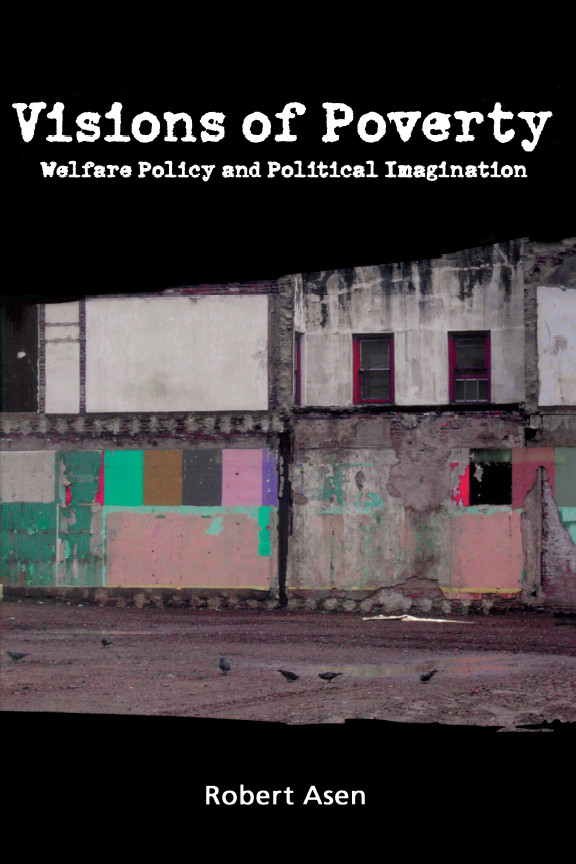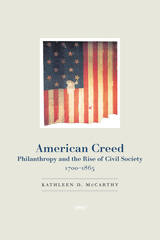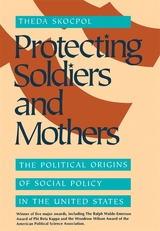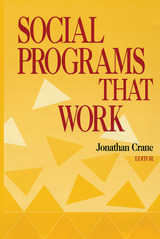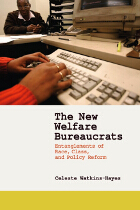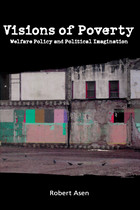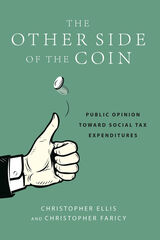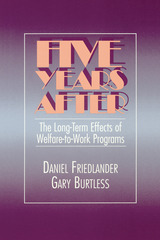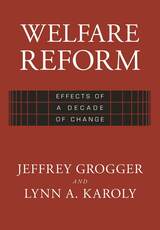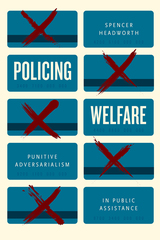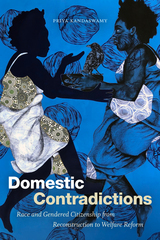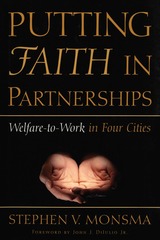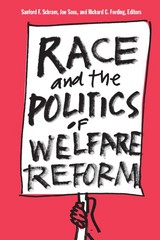Visions of Poverty: Welfare Policy and Political Imagination
Michigan State University Press, 2002
Cloth: 978-0-87013-600-9 | eISBN: 978-0-87013-887-4 | Paper: 978-0-87013-606-1
Library of Congress Classification HV95.A848 2002
Dewey Decimal Classification 361.650973
Cloth: 978-0-87013-600-9 | eISBN: 978-0-87013-887-4 | Paper: 978-0-87013-606-1
Library of Congress Classification HV95.A848 2002
Dewey Decimal Classification 361.650973
ABOUT THIS BOOK | TOC | REQUEST ACCESSIBLE FILE
ABOUT THIS BOOK
Images of poverty shape the debate surrounding it. In 1996, then President Bill Clinton signed welfare reform legislation repealing the principal federal program providing monetary assistance to poor families, Aid to Families with Dependent Children (AFDC). With the president's signature this originally non-controversial program became the only title of the 1935 Social Security Act to be repealed. The legislation culminated a retrenchment era in welfare policy beginning in the early 1980s.
To understand completely the welfare policy debates of the last half of the 20th Century, the various images of poor people that were present must be considered. Visions of Poverty explores these images and the policy debates of the retrenchment era, recounting the ways in which images of the poor appeared in these debates, relaying shifts in images that took place over time, and revealing how images functioned in policy debates to advantage some positions and disadvantage others. Looking to the future, Visions of Poverty demonstrates that any future policy agenda must first come to terms with the vivid, disabling images of the poor that continue to circulate. In debating future reforms, participants-whose ranks should include potential recipients-ought to imagine poor people anew.
This ground breaking study in policymaking and cultural imagination will be of particular interest to scholars in rhetorical studies, political science, history, and public policy.
See other books on: Asen, Robert | Political Imagination | Poverty | Public welfare | Visions
See other titles from Michigan State University Press
